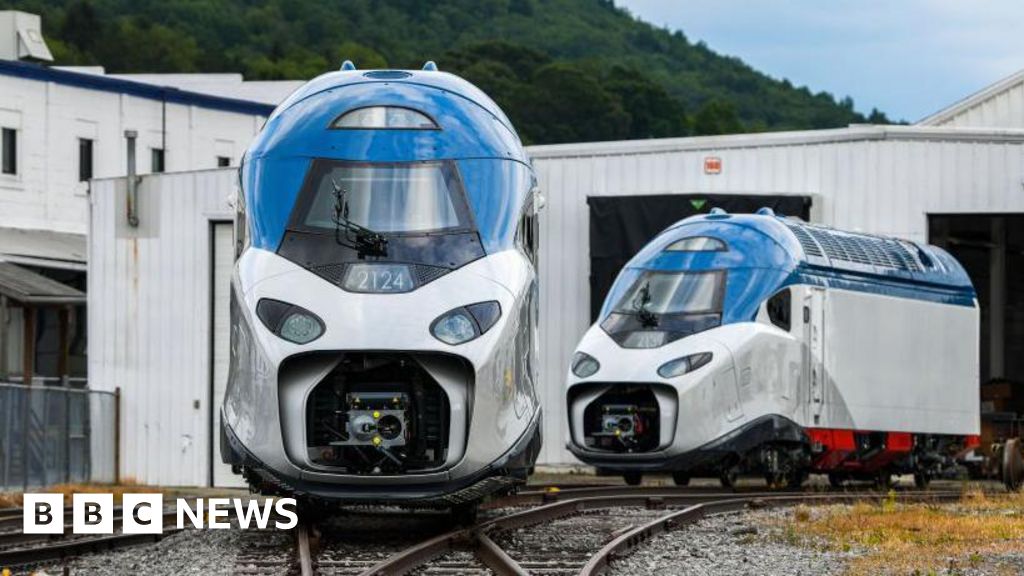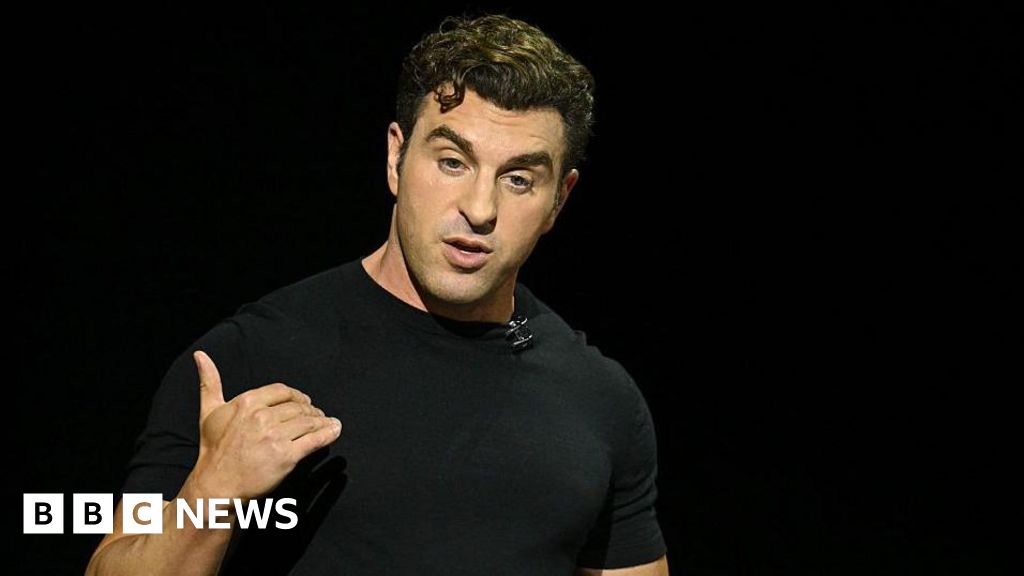The potential of generative AI knows no limits. And what we have seen of it now might only be the tip of the iceberg.
For years, companies around the world have been working on mustering up their AI prowess—be it in the U.S., China, or France.
Generative AI’s potential to boost productivity, ignite creativity, and overhaul workflows is now taking off within countless industries. Regardless of the business case, companies working with or making their own generative AI tools have been catapulted to the forefront of the conversation.
Marking our inaugural Brainstorm AI conference at the Rosewood Hotel in London, where we’ll unpack some of these complex yet pressing subjects, Fortune took a deep dive into the state of play for generative AI across the world, with exclusive insights based on data from the Amsterdam-based intelligence company Dealroom.
Our analysis covers the world’s top 100 generative AI companies by funding. It’s little surprise that U.S.-based (and specifically, San Francisco Bay Area-based) companies dominated other regions by light years. The Sam Altman-led OpenAI is, by far, the highest-funded AI company, while its California neighbors Anthropic and Inflection AI follow closely after. Over in Europe, the likes of Mistral AI and Aleph Alpha have gained traction for their innovations.
Still, companies in France, the U.K., and Germany received a fraction of the funding—not because there aren’t enough of them, but because they haven’t reached the mammoth size their American peers have. Israel, which we’ve included in our analysis, also has a buzzing generative AI scene.
In numbers, that means Dealroom’s data on the 100 companies cuts off those that have raised below $70 million in total funding. That’s where the bulk of Europe’s fledgling companies fall. Since Dealroom data mainly considers funding figures in this case, some noteworthy players in the generative AI realm, like Google, aren’t part of the analysis below.
But Europe has to pat itself on the back for some of the strides it’s made. For instance, three of the 15 companies on our list have female founders. Seven companies were initially founded in Europe but have since moved to the U.S., where they obtained about $1.7 billion in funding.
Given the technology’s various use cases, defining what qualifies as a generative AI company can be challenging. By definition, generative AI uses algorithms to create new and realistic content—including text, images, and audio—based on training data. Dealroom’s data, which is as of April 2024, looks at companies that either use or create large language models trained on massive data sets to produce new content.
The charts below give us a glimpse of how Europe compares to some of the world’s AI power players. They also show us where the biggest strides in generative AI are being made in Europe and who the movers and shakers are.
Total funding for the world’s top 100 generative AI startups, by region
It’s clear that the U.S. has received the lion’s share of funding. American companies are ahead with more than 10 times the funding–$36.8 billion in funds raised compared to European and Israeli companies, which have only raised $3.2 billion so far. OpenAI is a clear leader with $12.3 billion in funds raised, according to data compiled by Dealroom.
Key European markets home to the biggest gen AI players by funding
In our analysis, Israel has the lead over Europe as a hub for generative AI companies, based on how much they’ve secured in funding. Within continental Europe, Germany and France emerge at the top.
The majority of the funding for European companies originates from European investors, based on Dealroom data. Roughly 43% of the funding for European and Israeli companies comes from their home countries, about 13% comes from a different country within Europe, and 39% comes from the U.S.
Most funded companies in Europe and Israel
Here’s a glimpse at the most funded companies in Europe and Israel–Aleph Alpha, the German answer to OpenAI founded by Jonas Andrulis, leads the category. In Nov. 2023, Bosch, SAP, and Hewlett Packard Enterprise backed a $500 million series B funding round, marking one of Europe’s biggest AI funding rounds ever.
France’s Mistral AI, led by Arthur Mensch, comes up second. Microsoft said it would invest $16.3 million into the French company in February.
See below for the full list of generative AI companies headquartered in Europe and Israel ranked by funding, per Dealroom data.
Aleph Alpha
Launch year: 2019
HQ city/country: Heidelberg, Germany
Total funding (USD): $641.14 million
Mistral AI
Launch year: 2023
HQ city/country: Paris, France
Total funding: $553 million
AI21
Launch year: 2017
HQ city/country: Tel Aviv-Yafo, Israel
Total funding: $326.5 million
Lightricks
Launch year: 2013
HQ city/country: Jerusalem, Israel
Total funding: $305 million
Cera
Launch year: 2016
HQ city/country: London, United Kingdom
Total funding: $302.5 million
Synthesia
Launch year: 2017
HQ city/country: London, United Kingdom
Total funding: $155.58 million
Stability AI
Launch year: 2019
HQ city/country: London, United Kingdom
Total funding: $151 million
Poolside AI
Launch year: 2023
HQ city/country: Paris, France
Total funding: $126.01 million
Pecan
Launch year: 2016
HQ city/country: Tel Aviv-Yafo, Israel
Total funding: $112 million
DeepL
Launch year: 2009
HQ city/country: Cologne, Germany
Total funding: $110 million
MDClone
Launch year: 2015
HQ city/country: Beersheba, Israel
Total funding: $104.01 million
Corti
Launch year: 2016
HQ city/country: Copenhagen, Denmark
Total funding: $90.9 million
Stratio
Launch year: 2014
HQ city/country: Pozuelo de Alarcón, Spain
Total funding: $85.8 million
Sana Labs
Launch year: 2016
HQ city/country: Stockholm, Sweden
Total funding: $82.57 million
Ready Player Me
Launch year: 2014
HQ city/country: Tallinn, Estonia
Total funding: $72.55 million
This feature was reported with assistance from Fortune Europe’s executive editor Alex Wood Morton, list director Grethe Schepers, research analyst Elena Medina, and production editor Aslesha Mehta.
Credit: Source link


![27 Best About Us and About Me Page Examples of 2024 [+Templates] 27 Best About Us and About Me Page Examples of 2024 [+Templates]](https://blog.hubspot.com/hubfs/about-us-page_20.webp#keepProtocol)








